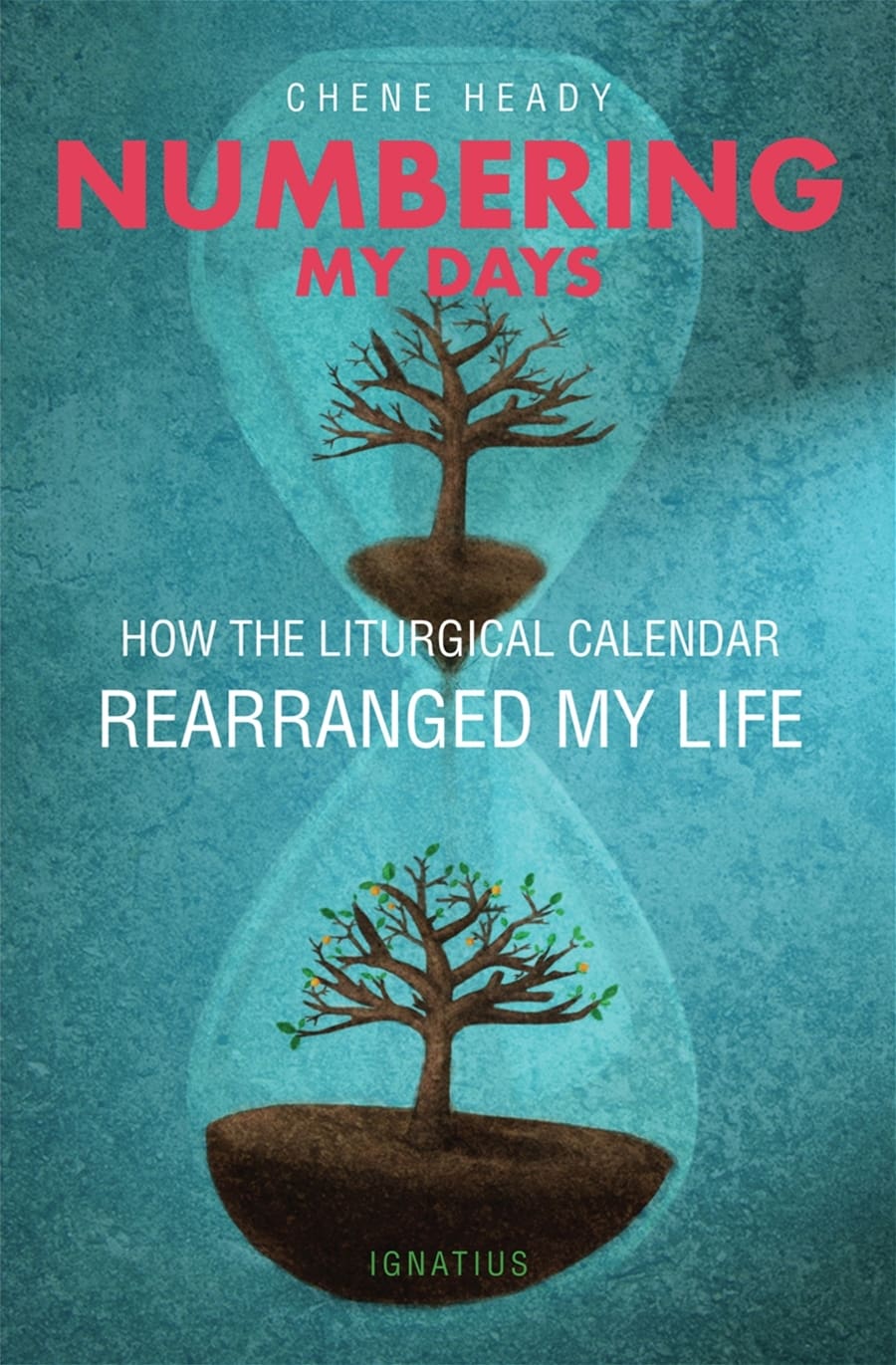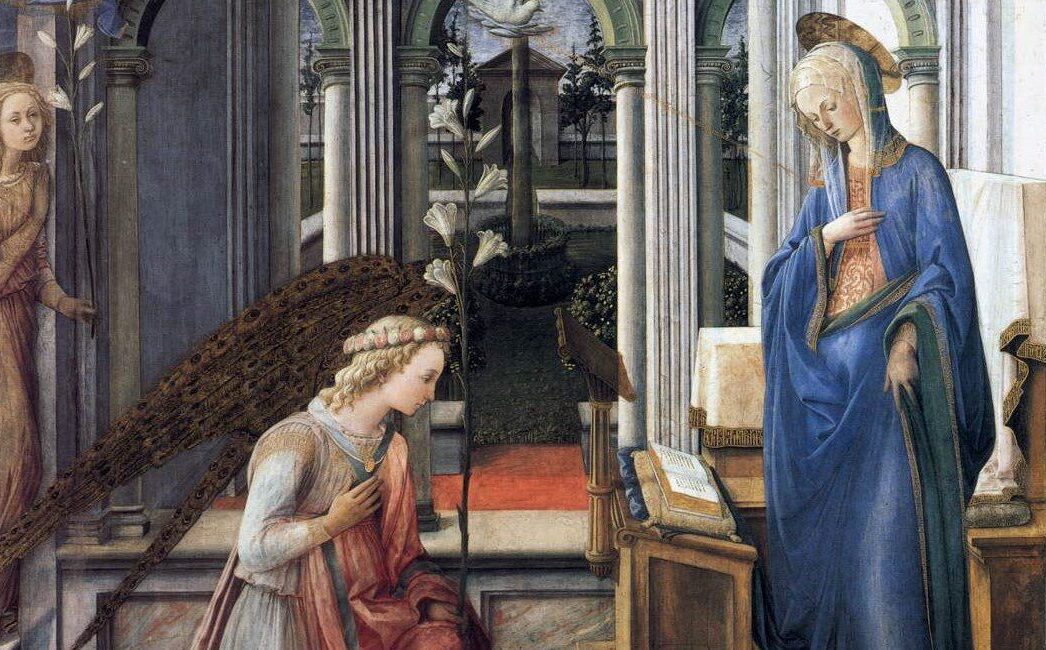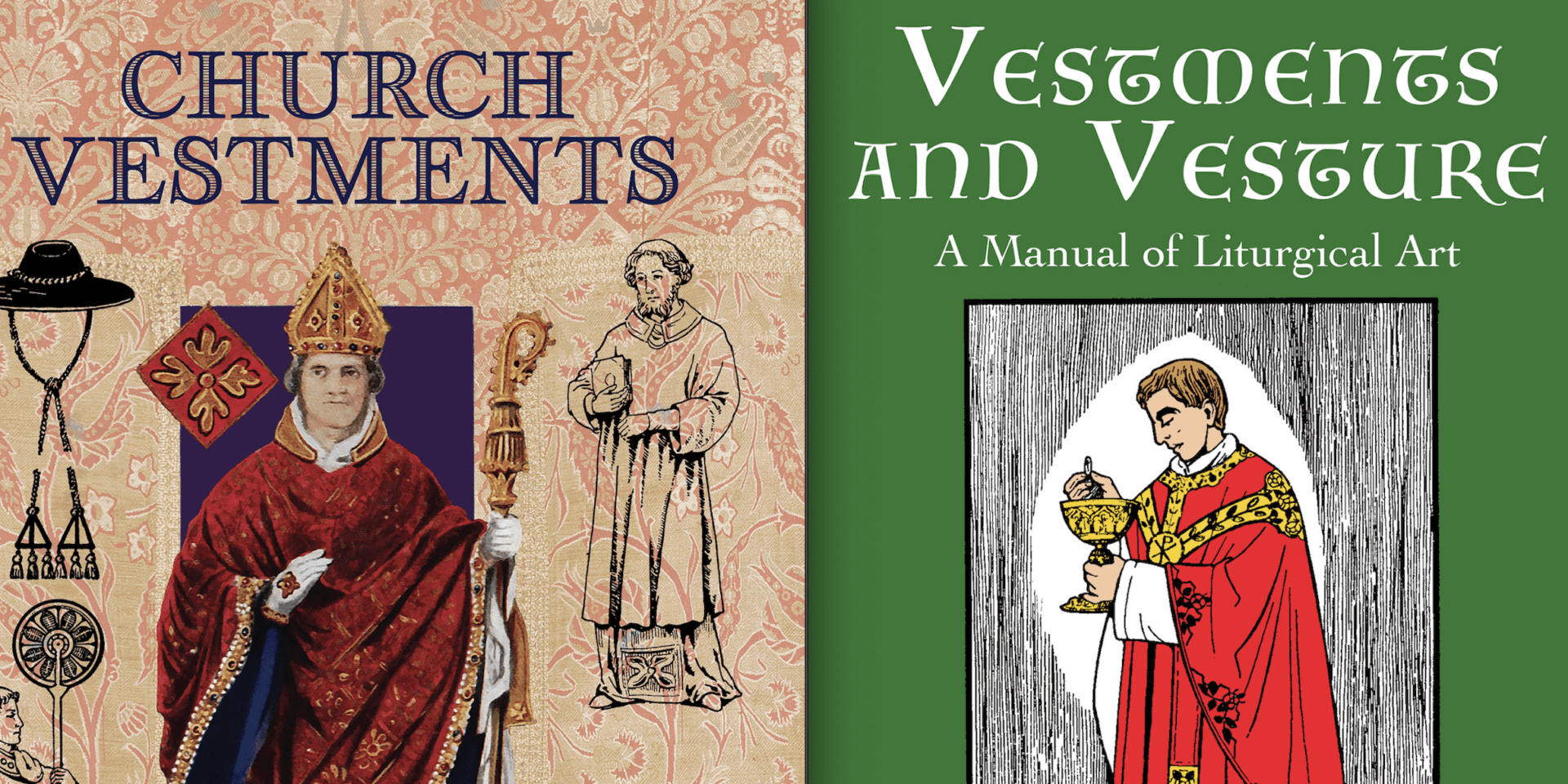Numbering My Days: How the Liturgical Calendar Rearranged My Life by Chene Heady. San Francisco: Ignatius Press, 2016. 223 pp. ISBN: 978-1621640318. Paperback $12.98.
During the Liturgical Year, the Mystery of Christ permeates and unfolds within time akin to, and in conjunction with, the New Creation brought by Christ’s Resurrection (cf. Sacrosanctum Concilium 102, CCC 1164, 2 Corinthians 5:17). This transformation of time “opens to the faithful the riches of…the Lord’s powers and merits, so that these are in some way made present for all time, and the faithful are enabled to lay hold upon them and become filled with saving grace” (Sacrosanctum Concilium 102). The tactile experiences of the Liturgical Year come from the centrality of Sunday, the Mass, the Liturgical Seasons and the corresponding devotionals, and the Divine Office.
Chene Heady is a convert to Catholicism from Pentecostalism, a university professor, and a husband and father. While his conversion was a source of joy, not all was right in Heady’s world even as a Catholic. He struggled with a feeling of meaninglessness, of being stretched-thin, and he battled a sense that he could not be fully present to others in his professional or personal life. As a result, Heady decided a change was needed. He chose to live an entire year wed to the rhythm of the Church’s Liturgical Year to replace the centrality of his task-oriented calendar with a Resurrection-centered calendar, hoping to encounter Christ through the ordeals of daily life. His book, Numbering My Days, is a series of reflections from his journey into intentional participation in the Liturgical Year.
This book does not attempt to provide a systematic theology of the Liturgical Year nor is it a handbook on devotional practices and observances. Rather, Heady brings his daily routines, his family life, his questions, and his past, to Christ and tries to understand them from the perspective of insights he discovered in the Mass and its celebration within the specific liturgical seasons.
Some of the author’s reflections seek to better understand the Church’s faith in light of his questions. As a notable example, during the Feast of the Holy Innocents, Heady ponders how murdered toddlers and infants, who obviously had not reached the age of reason, could possibly be martyrs, as the Church’s liturgy identifies them. He concludes that by God’s grace “their actions had meaning beyond their stated intentions” (pg. 38).
There are two points of discernment in the author’s everyday life that seem to drive the narrative in the book: growing the family and moving to a bigger house. These questions provide a delightful pair of story arcs that link many of Heady’s reflections together. Discernment about the house and how to manage finances, often related to parables or teachings of Jesus concerning wealth, lead Heady to observe that a family’s finances should reflect its Catholic mission (pg. 120) even as he found himself distinguishing between acts of justice and acts of charity (pg. 123), and feeling repulsion for worldly excess (206). As a result of these meditations, Heady reports, his family decides not to move into a larger house but to remodel their current home instead.
As he traces out the liturgical significance that the early days of Advent have in his own life, Heady points out that he and his wife had in the past postponed having children. At the time he is writing, the Headys have one child, Beatrice. Then, within the liturgical context of the Annunciation, Heady notes that he and his wife begin discussing whether to have more children. While the possibility seems to worry the couple, they see the need for the discussion and to imitate Mary’s “Yes” to God’s will (86-87). With the courage of Mary as their model, the Headys’ story comes to a blessed development when, during the celebration of Christ the King of the Universe, concluding both the Liturgical Year and the book, Heady and his wife discover that they have been blessed with another child on the way (pg. 218).
The reflections of this book are primarily driven by the lectionary readings. Occasionally a Collect is referenced, a few homilies, insights from his daughter’s “Children’s liturgy” experience, and one or two antiphons. In a book focused on the Liturgical Year, it is odd to see such an absence of references to the Liturgy of the Hours, the devotions and observances of the seasons, and reflections on the reception of the sacraments. While the author does look at the readings in light of a given liturgical season, the narrative of the book is focused on the memories, analogies, and daily life needs of Chene Heady. This subjective approach is felt most of all by the fact that each given reflection jumps between readings from Mass in no noticeable pattern, thus forcing Heady to become the focus of each reflection instead of the natural and organic progression of the liturgical year.
Nevertheless, Numbering My Days is well written, enjoyable, filled with practical insights, and a surprising amount of openness and honesty. The genius of this book is that it allows the Scriptures of the lectionary cycle to reorder and rewrite the direction of Heady’s life. The book is not necessarily a theological meditation on the meaning of the Liturgical Year or a fully realized understanding of how to live and pray the Liturgical Year. But the book does mark the beginning of a new way of thinking for the author and his family — and it is exactly that, a beginning. It follows the real-life path of someone who is growing in his knowledge of the faith and observance of the various practices of the faith as he chooses to intentionally think through each day and each moment in light of the daily readings: “to read the temporal in light of the eternal” (pg 12) and to prayerfully grow in participation in the Church’s Sacred Liturgy.



